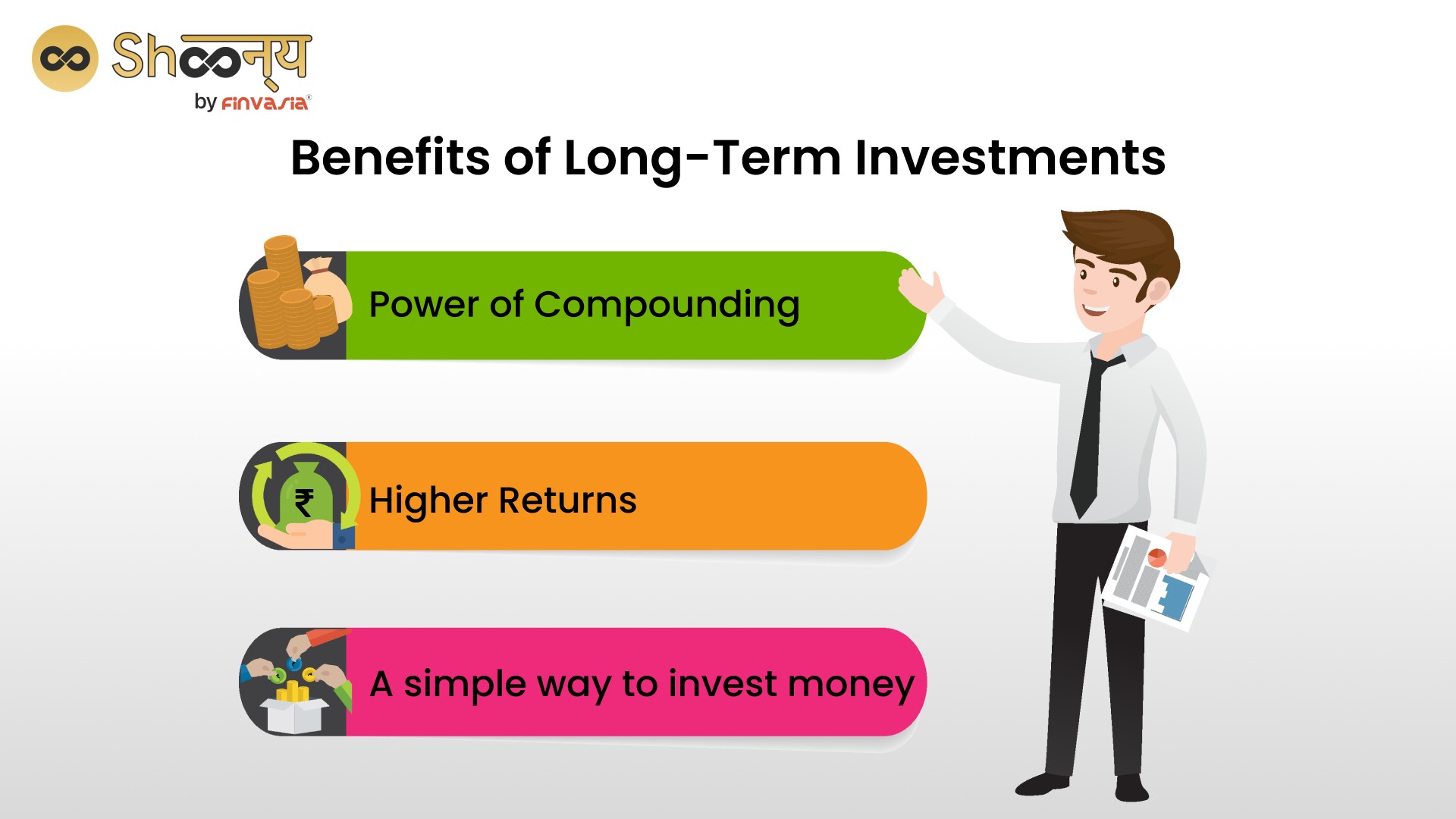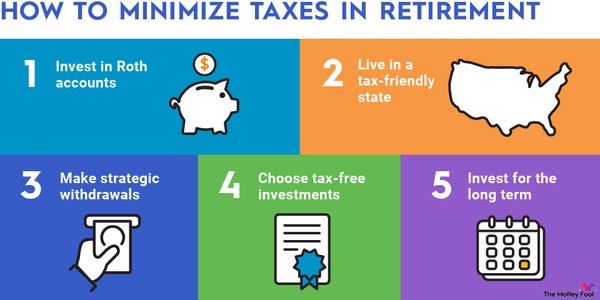Embarking on the investment journey is a pivotal step towards building long-term wealth and achieving financial independence. However, for many, the initial hurdle lies not in choosing what to invest in, but rather where to invest it. The sheer variety of investment accounts available, each with its own set of rules, tax implications, and benefits, can be overwhelming. In Germany, like in many other countries, navigating these options requires a nuanced understanding of both general investment principles and specific local regulations. Choosing the right investment account is not a one-time decision but a strategic alignment with your financial goals, risk tolerance, and tax situation.
At the most fundamental level, most investment accounts in Germany can be broadly categorized into those offering **tax advantages** and those that operate under **standard taxation rules**. The distinction is crucial, as the former can significantly enhance your long-term returns by allowing your money to grow more efficiently.
For many German residents, particularly those employed, the starting point for tax-advantaged investing often lies within the **pension schemes**. Germany operates a multi-pillar retirement system. While the statutory pension (gesetzliche Rentenversicherung) is mandatory for most employees, it is generally acknowledged that this alone will not suffice for a comfortable retirement. This is where the second and third pillars come into play, often offering compelling tax benefits.
The **betriebliche Altersvorsorge (bAV)**, or company pension scheme (second pillar), is an excellent option if offered by your employer. Contributions are often deducted directly from your gross salary, reducing your taxable income. Furthermore, many employers offer matching contributions, which is essentially “free money” adding to your retirement savings. The growth within these accounts is typically tax-deferred until retirement, allowing your investments to compound more effectively over decades. Understanding the specific bAV options provided by your employer and maximizing any matching contributions should be a high priority.
Beyond employer-sponsored plans, the **private pension provisions (third pillar)** offer individuals more control and flexibility, often with attractive tax incentives. The **Riester-Rente** is particularly popular for those with lower to middle incomes, and especially for families with children, due to significant state subsidies and tax deductions. While the investment options within Riester contracts can sometimes be more restrictive (often focused on capital preservation), the government bonuses can make it highly advantageous for long-term, low-risk retirement planning. For self-employed individuals or higher earners, the **Rürup-Rente** (Basisrente) might be more suitable. It offers higher tax deductibility on contributions, akin to a traditional IRA in the US, making it a powerful tool for reducing current taxable income, though payouts in retirement are fully taxed.
For general investing outside of dedicated retirement schemes, most individuals in Germany will utilize a **securities account (Depot)**. This is a non-tax-advantaged account where you hold investments like stocks, bonds, and ETFs. While the growth within a Depot is subject to **capital gains tax (Kapitalertragsteuer)** at a flat rate of 25% (plus solidarity surcharge and potentially church tax), there’s a crucial tax-free allowance known as the **Sparerpauschbetrag**. As of 2025, this allowance is €1,000 for single individuals and €2,000 for married couples, meaning investment income up to this amount is tax-free. To benefit from this, you must submit a “Freistellungsauftrag” (exemption order) to your bank or broker.
The Depot offers maximum flexibility in terms of investment choices and withdrawal options. You can buy and sell a wide range of assets, and withdraw your money at any time, albeit with potential capital gains tax implications on realized profits. For those looking to invest in broad-market Exchange Traded Funds (ETFs) through a monthly savings plan (ETF-Sparplan), the Depot is the standard vehicle. This strategy is highly recommended for its low costs, diversification, and long-term growth potential, allowing investors to participate in the overall growth of global markets.
When choosing a Depot, consider factors such as:
* **Fees and Commissions:** Look for brokers with low or no account maintenance fees, and competitive trading commissions, especially for ETF savings plans.
* **Investment Selection:** Ensure the broker offers access to the specific ETFs, stocks, or other securities you wish to invest in.
* **User-Friendliness:** A platform that is intuitive and easy to navigate can simplify your investment journey.
* **Customer Service:** Reliable support can be invaluable, especially for beginners.
Beyond these primary accounts, other options exist. **Life insurance wrappers (Lebensversicherungen)** can sometimes offer a tax-efficient way to invest, particularly for wealth transfer purposes, as capital gains might be partially or fully exempt from tax if held for a certain period and under specific conditions. However, these are often more complex and come with their own fee structures and long-term commitments.
Ultimately, the optimal choice of investment account is deeply personal and depends on your specific financial objectives. Are you primarily saving for retirement and looking for maximum tax efficiency? Then prioritizing bAV, Riester-Rente, or Rürup-Rente might be your best bet. Are you building wealth for mid-term goals, or simply wish for flexible access to your capital while investing in diverse assets? Then a well-managed Depot, especially with an ETF-Sparplan, will likely serve you well. It’s often not a matter of choosing *one* account, but rather building a diversified strategy that combines tax-advantaged retirement accounts with flexible, regularly funded general investment accounts. A comprehensive review of your financial situation, perhaps with the guidance of a qualified financial advisor, can illuminate the clearest path to choosing the investment accounts that best support your journey towards financial prosperity in Germany.




